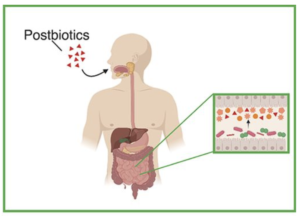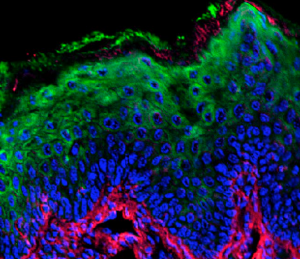Hyperglycemia drives intestinal barrier dysfunction and risk for enteric infection
Obesity, diabetes, and related manifestations are associated with an enhanced, but poorly understood, risk for mucosal infection and systemic inflammation. Here, we show in mouse models of obesity and diabetes that hyperglycemia drives intestinal barrier permeability, through GLUT2-dependent transcriptional reprogramming of intestinal epithelial cells and alteration of tight and adherence junction integrity. Consequently, hyperglycemia-mediated barrier disruption leads to systemic influx of microbial products and enhanced dissemination of enteric infection. Treatment of hyperglycemia, intestinal epithelial-specific GLUT2 deletion, or inhibition of glucose metabolism restores barrier function and bacterial containment. In humans, systemic influx of intestinal microbiome products correlates with individualized glycemic control, indicated by glycated hemoglobin levels. Together, our results mechanistically link hyperglycemia and intestinal barrier function with systemic infectious and inflammatory consequences of obesity and diabetes.
Visit full article page:
http://science.sciencemag.org/content/early/2018/03/07/science.aar3318

